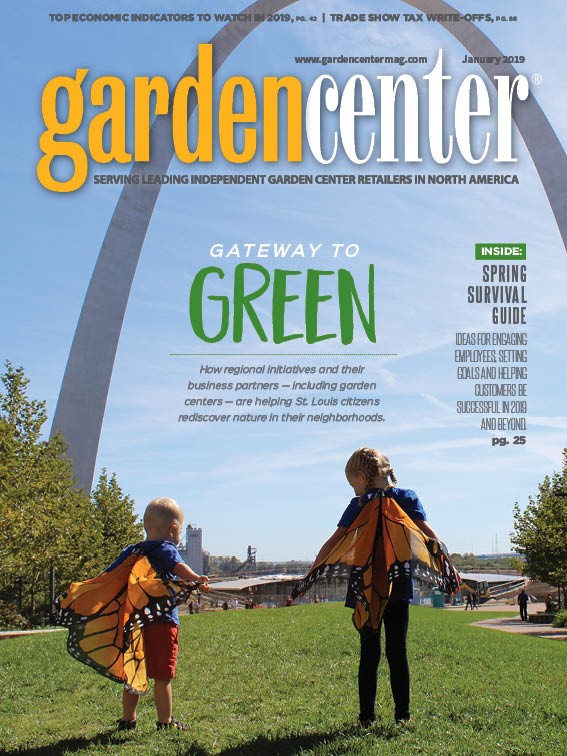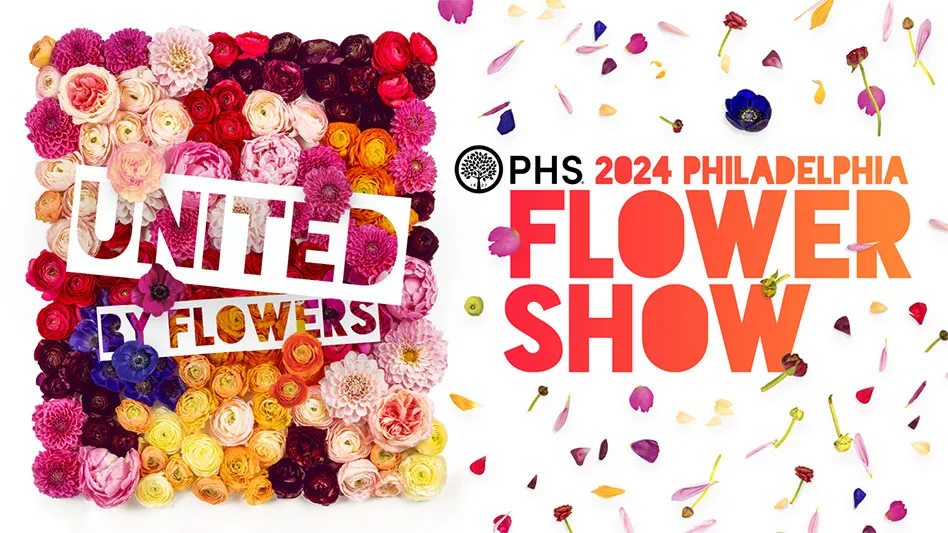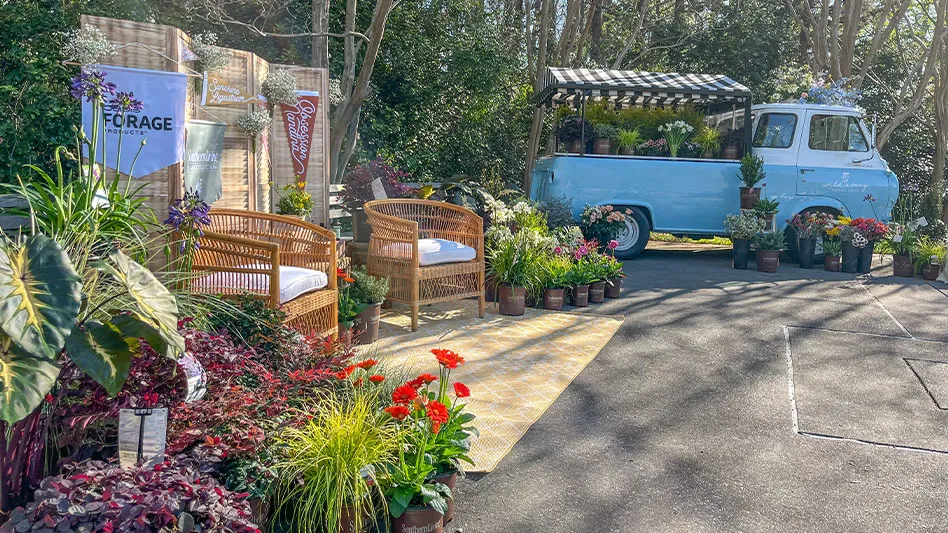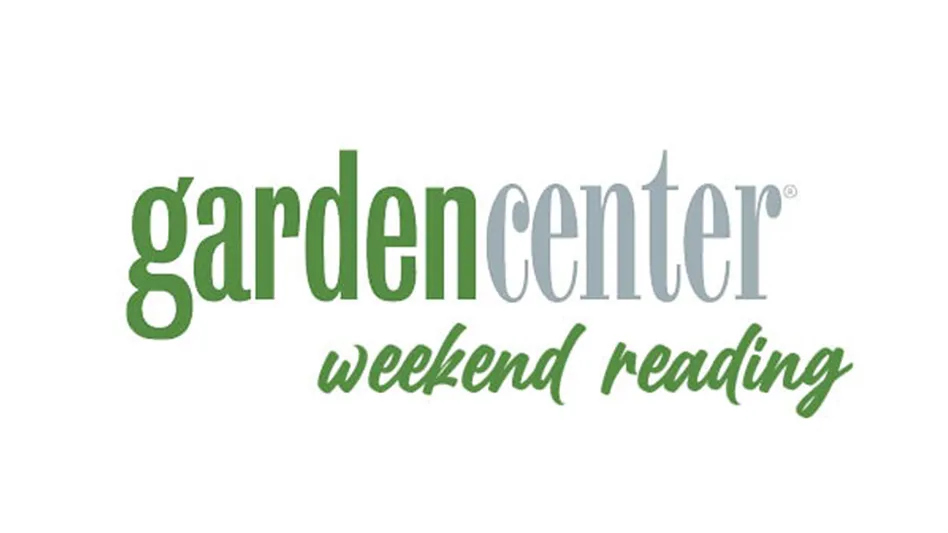
Tracy Walsh
When home landscapers start shopping, they are confronted with plants and products they have no knowledge of. They don’t know which plant will grow to be the right size, which one will flower, or if a particular choice will keep its leaves through the winter. Worse still, they don’t know which plant is likely to live and which one might die, given the soil and sunlight exposure on their property.
Experienced plant people know that there are some varieties that will thrive in their region, and others that are tricky, picky or unreliable. But those new to plants and gardens have no way of knowing if the shrub, tree or perennial they choose can be expected to flourish or not. In fact, many aren’t totally clear whether the plant they’re considering is a perennial, shrub, tree, or in a category they aren’t even aware of.
In an ideal world, we’d have a knowledgeable employee helping each and every one of these customers. But as we all know, this is impossible, especially during our busy season. It can, therefore, be a great help to our clients and staff alike to create some “local love lists” that suggest perfect plants for your area.
These are simply lists of plants that are, short of unexpected disaster or a really big homeowner error, guaranteed to do well in your region. The list of such plants should be organized in a way that solves the customers’ problems. So instead of creating a listing titled “Shrubs,” you would write something such as “Use these for sunny foundation plantings” or “Use these shorter shrubs for shade.” And don’t overwhelm the uninformed and inexperienced with every possible plant that you sell or that they might use; stick with six to 10 cast iron choices for each situation.
Begin this winter by writing down those categories that your customers look for most often. For example, in my area, people frequently want screening plants, flowering shrubs, smaller trees, short evergreens for foundations, and hydrangeas. Once you have your categories, fill in up to 10 reliable plants that would meet those needs.
Next, look for a memorable name. You might go for alliteration, repeating the first letter or the sound of your name. Weston’s Winners, Texas Triumphs, or Stonington Stars are examples. You could also use the name of your garden center with terms like Favorites, Sensations, No Fail, or Sure Things. A quick and easy label would be “Best For” with the name of your city or region. At my garden center, we call our lists “Best For Cape Cod.”
Finally, print out these lists with your store logo and start promoting them. Have downloadable documents on your website. Make these lists available throughout your store. You might even want to put a special symbol or sticker on the signage near the plants listed. If you’re able to have labels custom printed for you at the grower, or if you print your own labels, use a separate color for the plants on your local love list.
These lists can also be useful for marketing your business, training inexperienced employees, and setting you apart from the box stores. Take photos of the plants and products on your list and use them as subjects for your educational programs, blog posts, and social networking.
When we provide customers with a list of ingredients they can understand and have confidence in, everyone benefits.

Explore the January 2019 Issue
Check out more from this issue and find you next story to read.
Latest from Garden Center
- Proven Winners introduces more than 100 new varieties for 2025
- Weekend Reading 5/10/24
- The Family Business, Part 2: Agreeing (and disagreeing) on capital investments
- Registration opens for Darwin Perennials Day
- Weekend Reading 5/3/24
- Weekend Reading 4/26/24
- Smith Gardens assumes operations of Skagit Horticulture
- Beneficial insect sachets now included with Monrovia mandevilla





